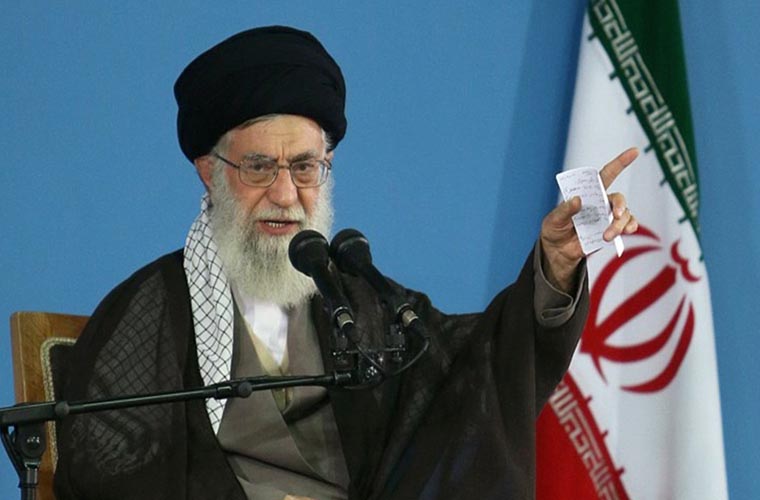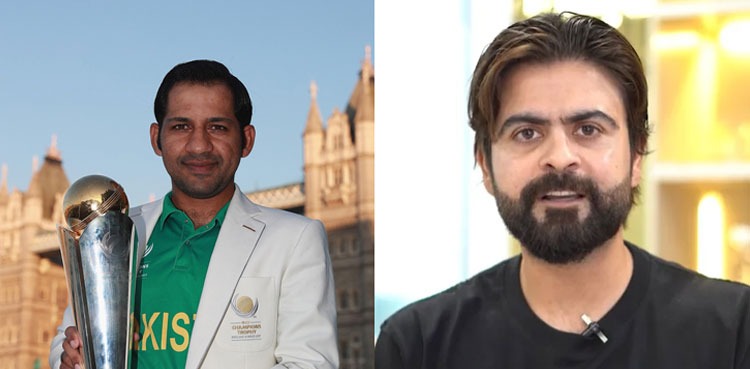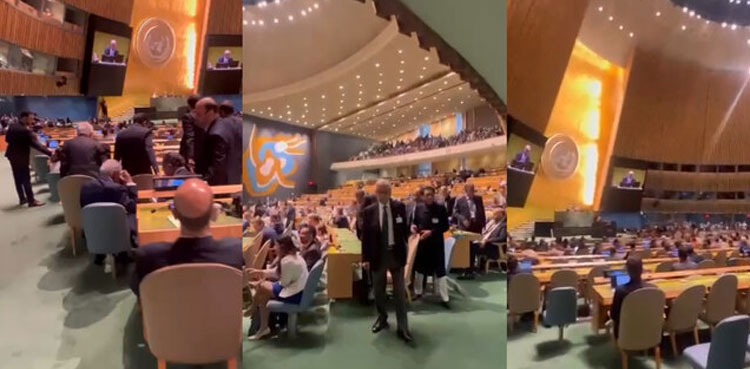Popular News
May 9 vandalism: Supreme Court annuls trials of civilians in military courts

ISLAMABAD: In a unanimous verdict, a five-member bench of the Supreme Court on Monday declared civilians` trials in military courts null and void as it admitted the petitions challenging the trial of civilians involved in the May 9 riots triggered by the arrest of Pakistan Tehreek-e-Insaf (PTI) chief Imran Khan in a corruption case.
A five-member apex court bench — headed by Justice Ijaz Ul Ahsan, and comprising Justice Munib Akhtar, Justice Yahya Afridi, Justice Sayyed Mazahar Ali Akbar Naqvi, and Justice Ayesha Malik — issued the order on the petitions filed by the PTI chief and others.Four judges out of the five declared that Section 2(1)(d) of the Army Act and 59(4) (civil offences) are ‘‘ultra vires the Constitution and of no legal effect‘‘.
The top court said the verdict is applicable to all those accused arrested in connection with the riots of May 9 and 10.The order further said that any action or proceedings under the Army Act in respect of the aforesaid persons or any other persons so similarly placed — including but not limited to trial by court-martial — are and would be of no legal effect.
The apex court had reserved the verdict earlier today after Attorney General of Pakistan (AGP) Mansoor Usman Awan completed his arguments, which centred around the domain and scope of the military courts to try the civilians under the Army Act.
Todays Hearing
At the outset of the hearing today, petitioner lawyer Salman Akram Raja told the bench that trials of civilians already commenced before the top court`s verdict in the matter. Responding to this, Justice Ahsan said the method of conducting proceedings of the case would be settled after Attorney General of Pakistan (AGP) Mansoor Usman Awan completed his arguments.
Presenting his arguments, the AGP said he would explain to the court why a constitutional amendment was necessary to form military courts in 2015 to try the terrorists.Responding to Justice Ahsan`s query, AGP Awan said the accused who were tried in military courts were local as well as foreign nationals.
He said the accused would be tried under Section 2 (1) (D) of the Official Secrets Act and a trial under the Army Act would fulfill all the requirements of a criminal case. “The trial of the May 9 accused will be held in line with the procedure of a criminal court,” the AGP said.The AGP said the 21st Amendment was passed because the terrorists did not fall in the ambit of the Army Act.
“Amendment was necessary for the trial of terrorists [then] why amendment not required for the civilians?At the time of the 21st constitutional amendment, did the accused attack the army or installations?” inquired Justice Ahsan.AGP Awan replied that the 21st Amendment included a provision to try accused involved in attacking restricted areas.
“How do civilians come under the ambit of the Army Act?” Justice Ahsan asked the AGP.Justice Malik asked AGP Awan to explain what Article 8 of the Constitution says.Justice Malik observed that the Army Act was enacted to establish discipline in the forces. He said any person facing the charges under the Army Act can be tried in military courts.
“The laws you [AGP] are referring to are related to army discipline,” Justice Ahsan said.Justice Malik inquired whether the provision of fundamental rights be left to the will of Parliament.If the court opened this door then even a traffic signal violator will be deprived of his fundamental rights, Justice Malik said.The AGP told the bench that court-martial is not an established court under Article 175 of the Constitution.At this, Justice Ahsan said court martials are not under Article 175 but are courts established under the Constitution and Law.









